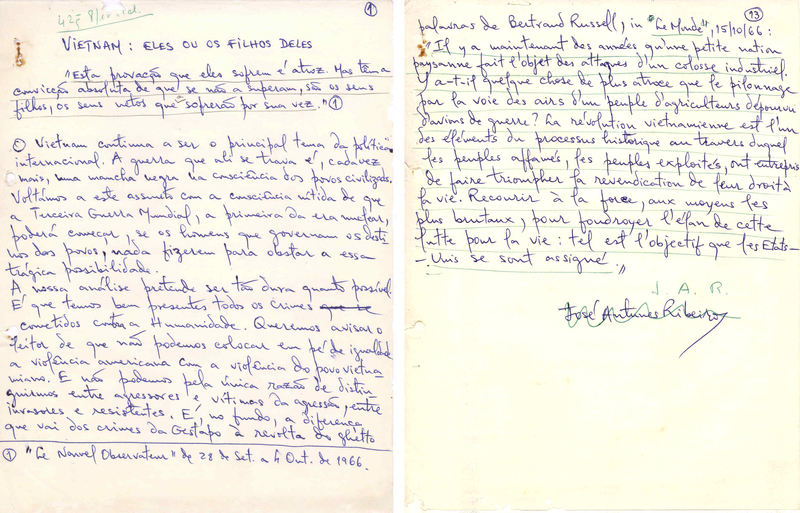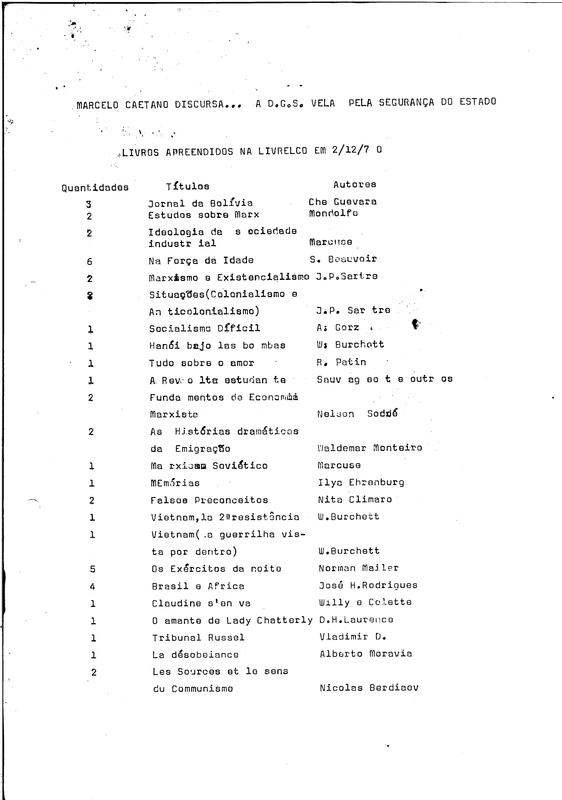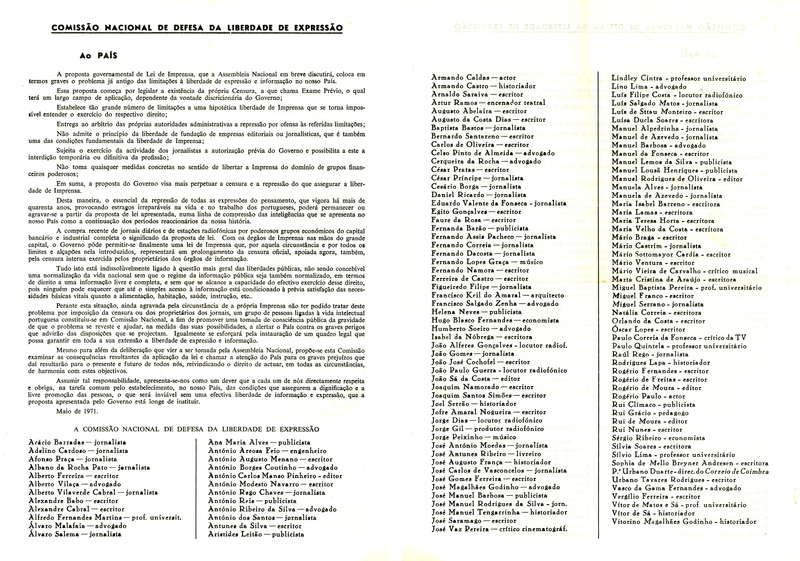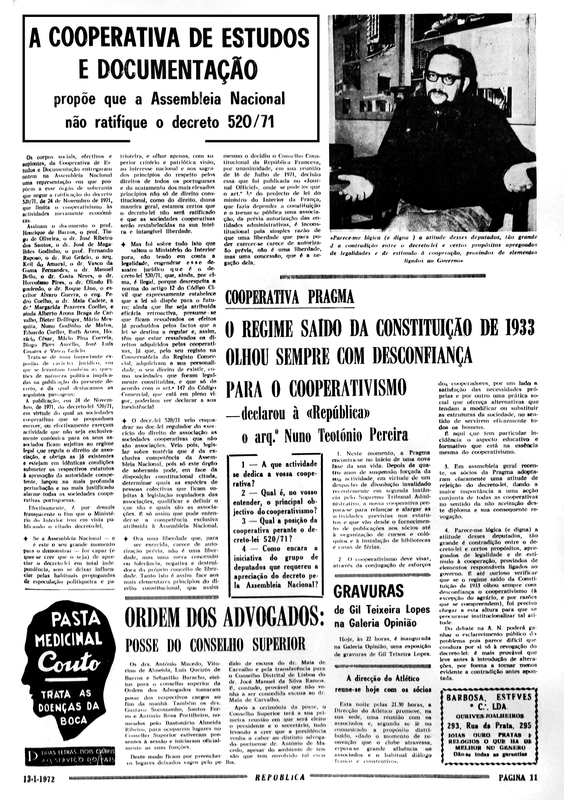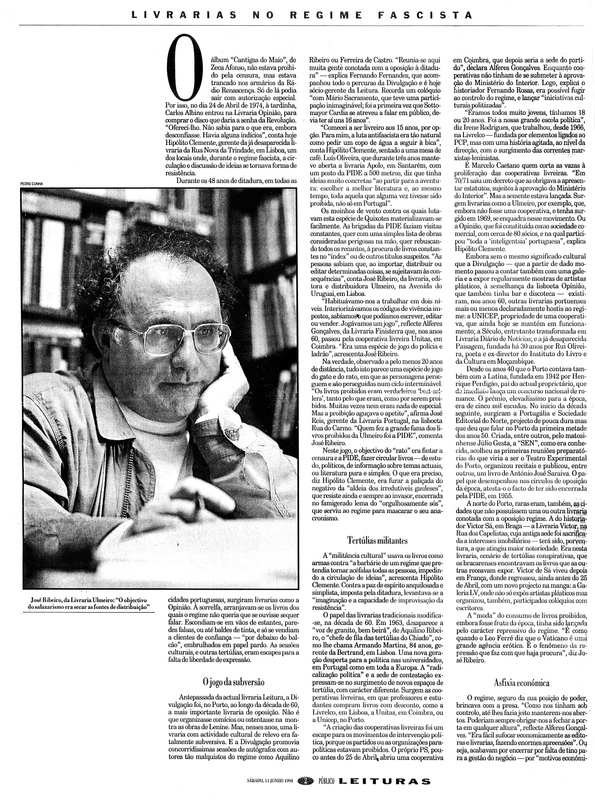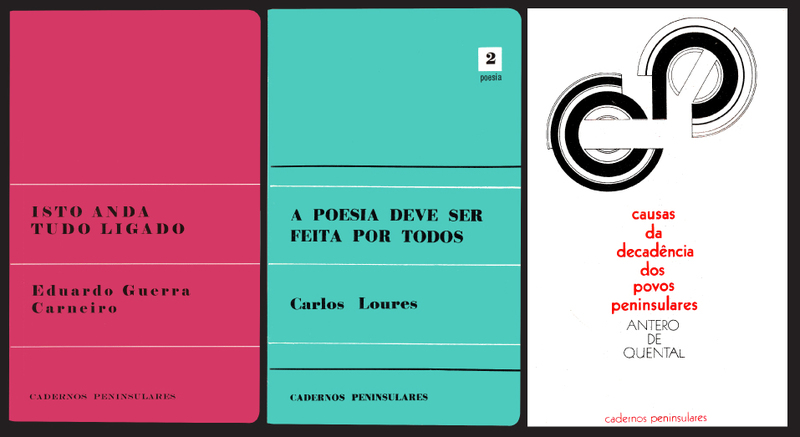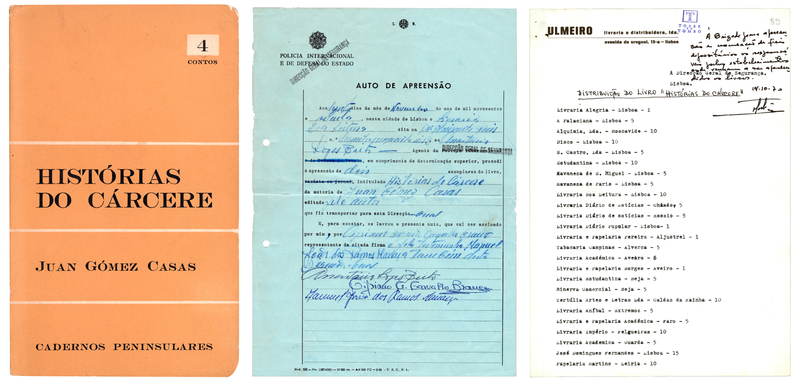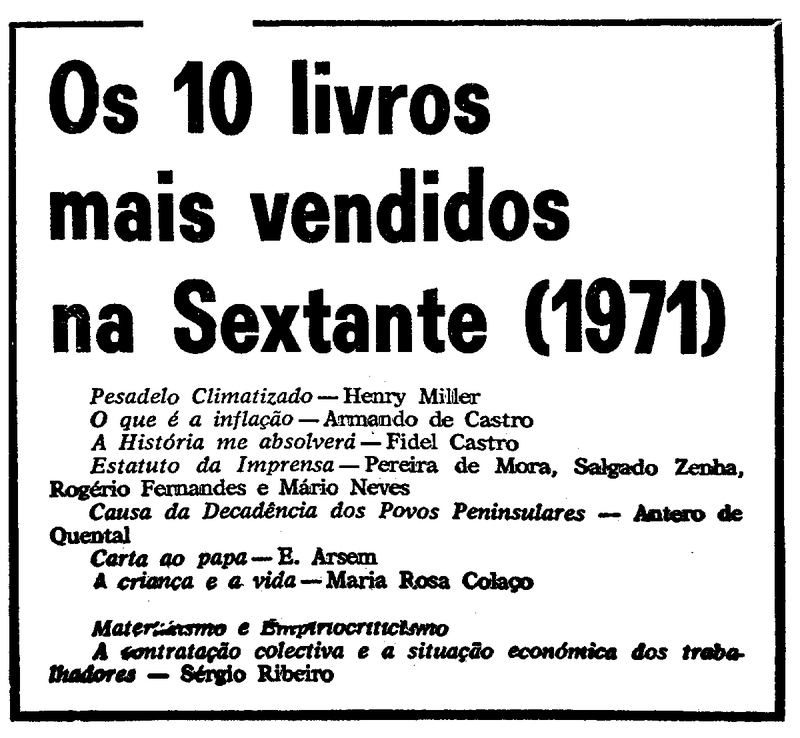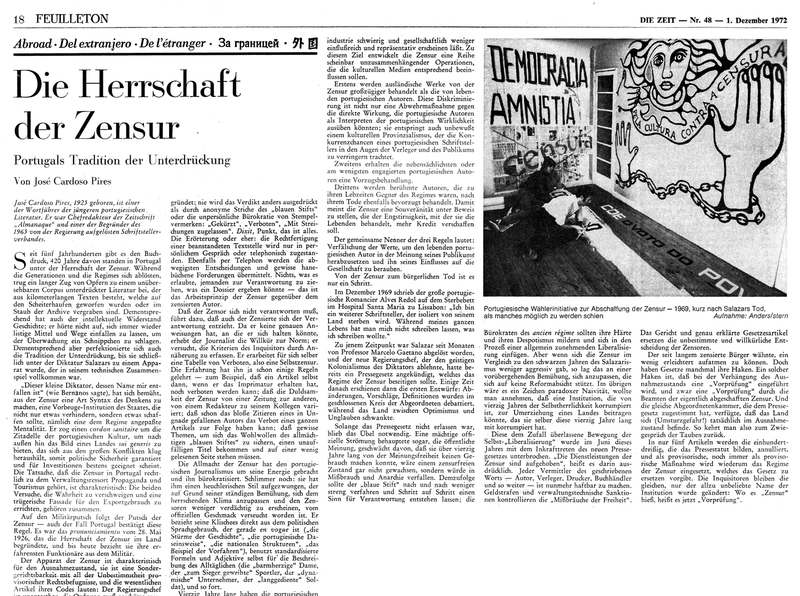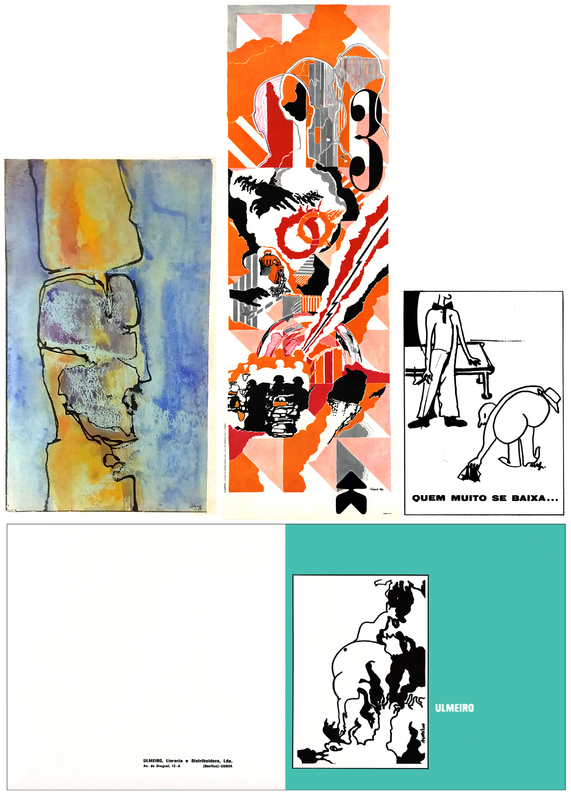1. Genesis. Cultural and political resistance
Ulmeiro - Livraria e Distribuidora, Lda. [Ulmeiro - Bookshop and Book distributor, Ltd.] emerged in 1969 to strengthen the resistance to the dictatorship, joining the movement of cultural cooperatives and other opposition networks such as the Comissão Democrática Eleitoral (CDE) [Democratic Electoral Commission]. It was envisioned by the young but already experienced José Antunes Ribeiro, formerly an editor at ITAU, a bookseller at Obelisco (Amadora) and a collaborator of the influential magazine O Tempo e o Modo [The Time and the Mode], and also co-founder of the VIS cooperative that same year, also in Amadora. Ulmeiro would be the guarantor of Devir and had close links with cooperatives like Livrelco, Sextante, Esteiros and Pragma, being the distributor of some of them during the Marcelism time.
Ulmeiro extended its activities to publishing as early as January 1970, with Isto anda tudo ligado [This is all connected], by Eduardo Guerra Carneiro, who inaugurated the iconic Cadernos Peninsulares [Peninsular Notebooks] collection. It was followed by A poesia deve ser feita por todos [Poetry should be done by everyone], by Carlos Loures, and Causas da decadência dos povos peninsulares [Causes for the decadence of the Peninsular peoples], by Antero de Quental, promoting an intervening and troublesome perspective. At the 4th title the political police retaliated with a heavy hand, seizing almost all of the 2,000 copies of Histórias do cárcere: contos [Prison stories: tales], by Juan Gómez Casas. During this raid were also seized c. 200 copies of the clandestine edition of Duas peças em um acto [Two plays in one act], published by Paisagem in solidarity with the author Luís de Sttau Monteiro and the publisher Edições Minotauro, both persecuted by the political police due to the original edition of this anti-Colonial War book. In 1971 it published O teatro, a crítica e a sociedade [The theatre, the criticism and the society] essay, by Argentinean Adolfo Gutkin, without the play this author had tried to stage in Portugal, «Melim 4», as it was banned by the political censorship.
Another then neuralgic connexion of Ulmeiro was the fight of students and of revolutionary guerrillas. The distribution gave priority to works of this kind and African independentist students of a residential university community in Benfica were given an open account at Ulmeiro. It was a question of spreading the internationalist ideology as far as possible, since it gave meaning to political and cultural intervention. The liberation from colonialism was indispensable to overthrow the dictatorship.
This initial activity also included the presentation at Ulmeiro Gallery (and publishing) of a series of engravings and drawings by Rogério Petinga, António Ferra and Aurélia Rosa da Silva, in 1970-71.
______________________________
*In the initial Ulmeiro were also present Maria Aurélia and Victor Nicolau (the other co-founders, replaced by António Antunes Ribeiro, brother of José Ribeiro), who were joined by Carlos Garcia and Natércia Oliveira in the 1980s, and Maria Helena Ribeiro and Lúcia Ribeiro (sister and wife of José Ribeiro, respectively) in the bookshop, renamed Livrarte.
This web publication had the support of CHAM (NOVA FCSH/UAc), through the strategic project sponsored by FCT (UIDB/04666/2020). This work is funded by national funds through the FCT – Fundação para a Ciência e a Tecnologia, I.P., under the Norma Transitória – DL 57/2016/CP1453/CT0062.
See next section: 2. The word is a weapon. Literary complicity and internationalist solidarity >>

